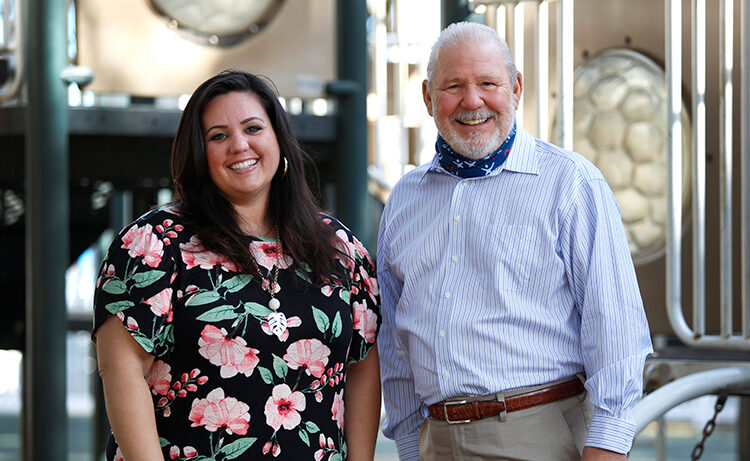
As difficult as it is to believe, more than 1,000 Treasure Coast and Okeechobee children are currently in the care of the Florida Department of Children and Families – removed from their own homes for their safety.
And, as they work their way through the state foster care system and wait to be reunited with their families, these vulnerable children can often get lost in the shuffle. Children whose lives have already been turned upside down risk becoming even more alienated from society.
Fortunately, an army of nearly 400 Guardian ad Litem (GAL) volunteers are working to ensure that doesn’t happen by advocating on their behalf.
Pre-COVID, these stalwart volunteers visited with the children, attended school meetings and went to court either with or in the children’s stead. And despite the pandemic, they have continued to give these often abused, abandoned and neglected children a voice.
Undeterred, GAL volunteers continue to go above and beyond to ensure that their charges have someone in their corner. When the world went virtual, Guardian ad Litem purchased tablets so that children could continue to communicate and make visual check-ins with their volunteers.
“We are almost 40 years old, so we are a well-oiled machine that runs off of support, encouragement and communication. We’re really built like a family,” said Nicole Hughes, Guardian ad Litem recruiter. “Consistency and communication are the bedrock of the program.”
She explained that the Guardian ad Litem program began some 40 years ago when a judge asked who in the courtroom had met with the child they were discussing. No one in the room raised a hand. It was clear that decisions were being made about children’s lives without any input from them.
There are all variety of volunteers (all age 21 or older), who receive online training before being paired with a Guardian ad Litem support team consisting of a child advocate manager, an attorney and a mentor.
“We lead our volunteers to success in a very specific way, no matter their background, age or demographic,” said Hughes.
Volunteers work with a child for the entirety of their case; typically, 18 months to two years. That way they can provide a consistent, reliable framework so that a child knows that the volunteer is “their person,” someone they can rely on to listen and speak for them. There are currently some 150 area children waiting for that special someone to stand up and advocate for them, to be their voice.
“We always want to get the family reunited. However, if that is not able to be achieved, then we head toward termination of parental rights and adoption,” noted Hughes.
Frank Mannino, an Indian River County Guardian ad Litem advocate, speaks loudly and proudly for the children he has championed. He takes the Guardian ad Litem mantra – “Until every child has a voice, GAL volunteers won’t rest” – to heart.
“It is my hope that advocating for children in need is as much a comfort to them as it is to me. The smiles on the faces of the children I serve is my greatest reward,” said Mannino.
Volunteers are asked to visit with their child at least once a month virtually and to keep in touch with the people in the child’s life, such as teachers, guidance counselors, therapists, foster parents and biological parents.
“You just need to have some love in your heart and a desire to be the voice of these children and to serve their best interest,” said Mannino. “In many cases, I’m the one constant in their life.”
“It’s up to you how involved in the child’s life you want to be,” said Hughes.
She explained that pre-COVID, volunteers might take the children to physical therapy, the movies, attend their ballet performance or soccer practice, or other outings.
“It helps to know the child holistically,” said Hughes. “We essentially can change the trajectory of a child’s life for the positive while building up the resources in a child’s life.”
For more information, visit guardian19.org.



